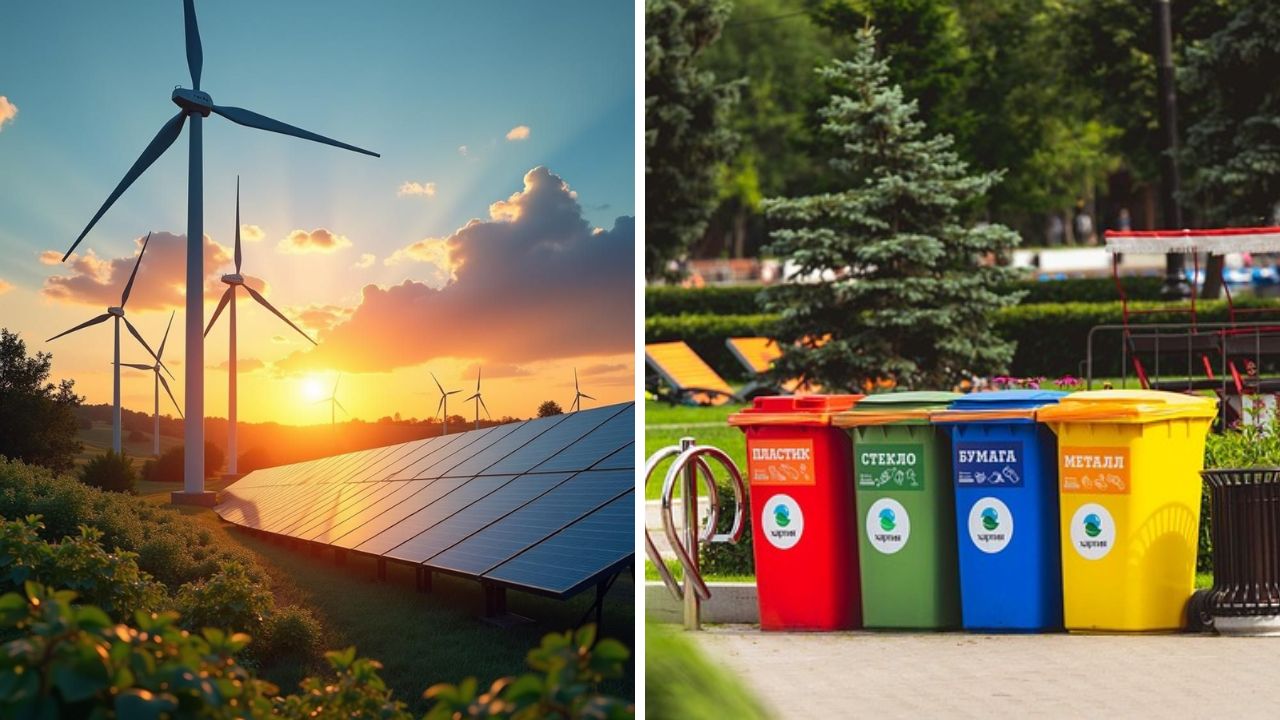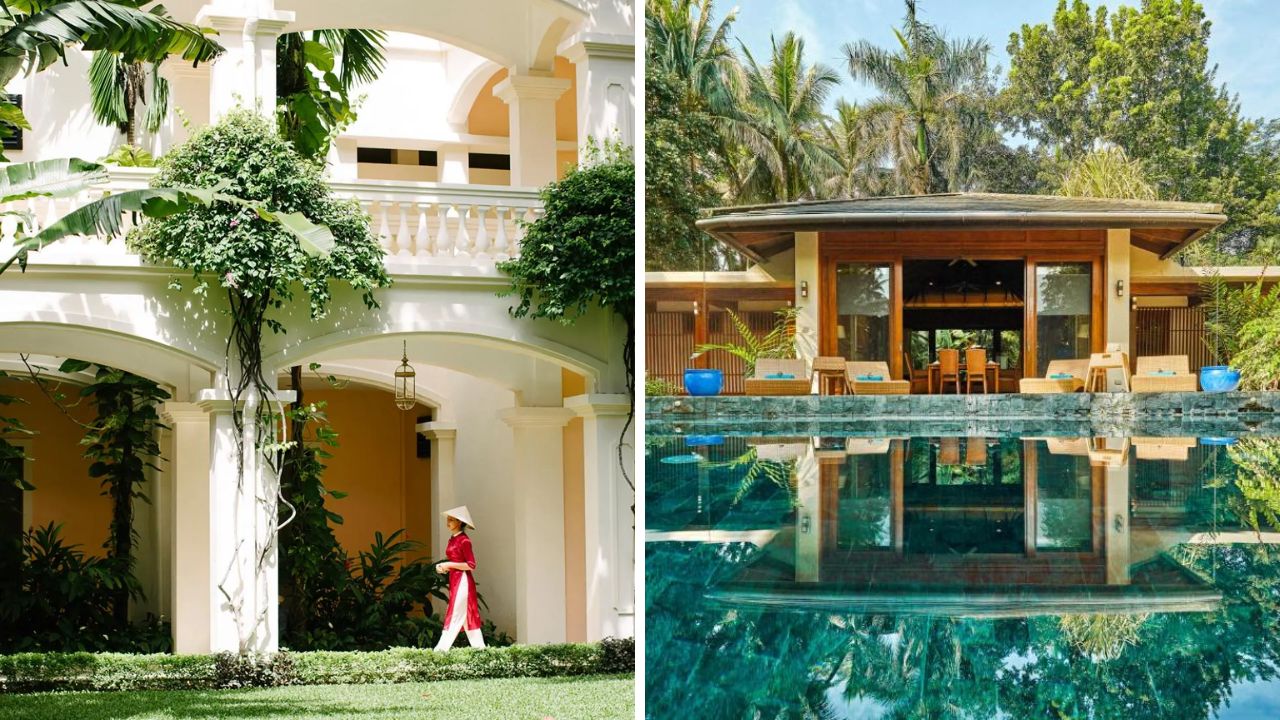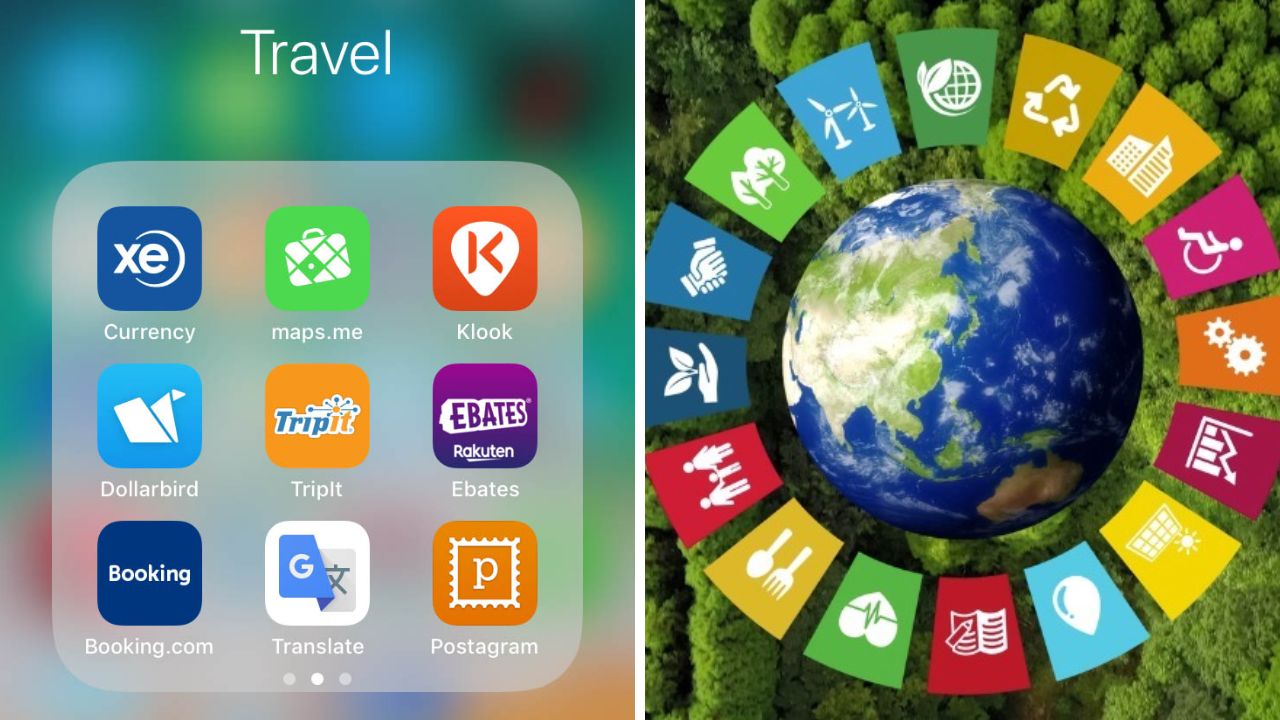The ASEAN (Association of Southeast Asian Nations) region is famous for its Future of Sustainable Hotels ASEAN, lush rainforests, and vibrant culture. However, with rising tourism numbers, the environmental impact of travel has become a growing concern. As travelers become increasingly conscious of their environmental footprint, the future of sustainable hotels in ASEAN is more important than ever.
In 2025, sustainable travel is more than just a trend; it’s becoming the standard. Hotels across Southeast Asia are embracing green practices to ensure that tourism benefits the economy without harming the environment. From eco-luxury resorts to budget-friendly green hotels, there are now more options than ever for travelers looking to minimize their impact.
This article will explore the future of sustainable hotels in ASEAN, including the key trends shaping the industry, the benefits of staying in eco-conscious accommodations, and how the hospitality sector is adapting to the growing demand for sustainable tourism.

🌱 Why Choose Sustainable Hotels in ASEAN?
The rise of eco-conscious travel is driven by several factors, including environmental awareness and the desire to support local communities. Here’s why staying in sustainable hotels in ASEAN matters:
1. Reducing Environmental Impact
Sustainable hotels are designed to minimize their environmental footprint. These accommodations are committed to reducing their carbon emissions, conserving water, and cutting down on waste. This is achieved through:
- Solar panels for renewable energy.
- Low-flow faucets and rainwater harvesting for water conservation.
- Composting and recycling programs to minimize waste.
By choosing to stay in these eco-friendly accommodations, travelers contribute to environmental protection and resource conservation.
2. Supporting Local Communities
Many sustainable hotels in ASEAN support local communities by sourcing food, products, and services from local suppliers. This helps boost the economy and ensures that the benefits of tourism are shared by the people who live in the destination. These hotels also often hire local staff, promoting employment and providing fair wages to the community.
By staying in sustainable hotels, travelers can contribute to social equity and community development, supporting businesses and initiatives that have a positive impact.
3. Cultural Preservation
Sustainable hotels often focus on cultural preservation by promoting local traditions and responsible tourism. These hotels encourage guests to experience the culture and history of the region in a respectful and sustainable way. This can include:
- Cultural workshops with local artisans.
- Guided eco-tours that focus on traditional farming and crafts.
- Sustainable food options that highlight local cuisine and ingredients.
By choosing these accommodations, you support the preservation of the cultural heritage that makes each ASEAN destination unique.

🌍 Key Trends Shaping the Future of Sustainable Hotels in ASEAN
The future of sustainable hotels in ASEAN will be defined by several key trends that are already beginning to take shape. Let’s take a look at these trends and how they are shaping the hospitality industry in Southeast Asia:
1. Energy Efficiency and Renewable Energy
One of the biggest trends in sustainable hotels is the move towards renewable energy. Many hotels are installing solar panels, using wind energy, or incorporating geothermal systems to power their operations. In addition to using renewable energy, many hotels are investing in energy-efficient systems such as LED lighting, smart thermostats, and automated systems to control energy consumption.
As energy efficiency becomes a priority, the future of sustainable hotels in ASEAN will see an even greater push toward using clean energy and reducing dependence on fossil fuels.
2. Water Conservation
Water is a precious resource, especially in countries like Thailand, Vietnam, and Indonesia, where water shortages can be an issue. To address this, many hotels are adopting water-saving technologies, such as:
- Low-flow showers and faucets.
- Greywater recycling systems that allow hotels to reuse water for landscaping and cleaning.
- Rainwater harvesting systems to capture and store water for non-potable uses.
By focusing on water conservation, hotels can reduce their environmental impact and play a role in addressing water scarcity issues in the region.
3. Waste Reduction and Zero-Waste Policies
Sustainability in hotels isn’t just about energy and water; it also involves reducing waste. In the future, more hotels will adopt zero-waste policies and use composting and recycling to reduce landfill waste. This includes:
- Offering refillable toiletries to cut down on plastic waste.
- Encouraging guests to use reusable water bottles and shopping bags.
- Installing waste separation bins in guest rooms for recycling.
As the hotel industry in ASEAN embraces zero-waste practices, travelers can contribute to reducing pollution by staying in hotels that actively work to minimize their waste.
4. Sustainable Food and Local Sourcing
In the future, sustainable hotels will continue to place a strong emphasis on local sourcing of food and products. Many hotels are committed to serving organic food, sourcing ingredients from local farms, and even growing their own produce on-site. This reduces the carbon footprint of food transportation and supports local farmers.
Hotels will also continue to offer plant-based menu options, reducing the environmental impact of meat production. Travelers can expect more farm-to-table dining experiences, with a focus on sustainability and seasonality.
5. Green Certifications and Eco-Certification
As travelers become more environmentally conscious, the demand for green certifications will increase. Hotels in ASEAN will continue to pursue certifications such as:
- Green Globe
- LEED (Leadership in Energy and Environmental Design)
- EarthCheck
These certifications guarantee that hotels meet strict standards for sustainability, energy efficiency, and environmental protection. In the future, eco-certifications will become a key indicator of a hotel’s commitment to sustainable tourism.

🏨 Best Sustainable Hotels in ASEAN
Here are a few sustainable hotels in ASEAN that are leading the way in eco-tourism:
1. Six Senses Yao Noi (Phang Nga Bay, Thailand)
- Location: Phang Nga Bay, Thailand
- Sustainable Practices: Solar energy, zero-waste policy, and organic food sourcing.
- Why Stay Here: If you’re seeking a luxurious eco-resort with a commitment to sustainability, Six Senses Yao Noi is a perfect choice.
2. Anantara Hoi An Resort (Vietnam)
- Location: Hoi An, Vietnam
- Sustainable Practices: Energy-efficient systems, local sourcing, and community-based tourism.
- Why Stay Here: Enjoy luxury with a focus on sustainability while exploring the historic town of Hoi An.
3. The Farm at San Benito (Philippines)
- Location: Lipa, Batangas, Philippines
- Sustainable Practices: Organic farming, zero-waste operations, and health-focused eco-tourism.
- Why Stay Here: Ideal for eco-conscious travelers who seek a wellness retreat in a sustainable environment.
4. The Datai Langkawi (Langkawi, Malaysia)
- Location: Langkawi, Malaysia
- Sustainable Practices: Solar energy, organic farming, and wildlife preservation programs.
- Why Stay Here: A luxury eco-resort perfect for those who want to relax and contribute to conservation efforts in the tropical rainforest.

🌍 How to Choose Sustainable Hotels in ASEAN
1. Search on Sustainable Travel Platforms
Look for eco-friendly hotels on platforms like Booking.com, Expedia, or Agoda, which allow you to filter for sustainable accommodations. You can also find green hotels on IMPT, a platform dedicated to sustainable travel.
2. Look for Certifications
Seek hotels with green certifications like Green Globe, LEED, or EarthCheck to ensure they meet high sustainability standards.
3. Read Reviews
Check reviews for feedback on hotels’ eco-friendly practices, such as energy use, waste management, and local sourcing.
🏁 Conclusion
The future of sustainable hotels in ASEAN looks promising, with eco-friendly practices becoming the standard in the hospitality industry. By choosing green hotels, you contribute to the preservation of natural landscapes, support local communities, and promote responsible tourism.
Start planning your next trip with sustainable hotels in ASEAN and enjoy a vacation that’s luxurious, responsible, and eco-friendly. Whether you’re exploring Langkawi’s beaches, Hoi An’s heritage, or Borneo’s wildlife, staying in a sustainable hotel ensures that your trip leaves a positive impact on the planet.
Read this also : How to Find Sustainable Hotels Near Me: Eco-Friendly Stays









